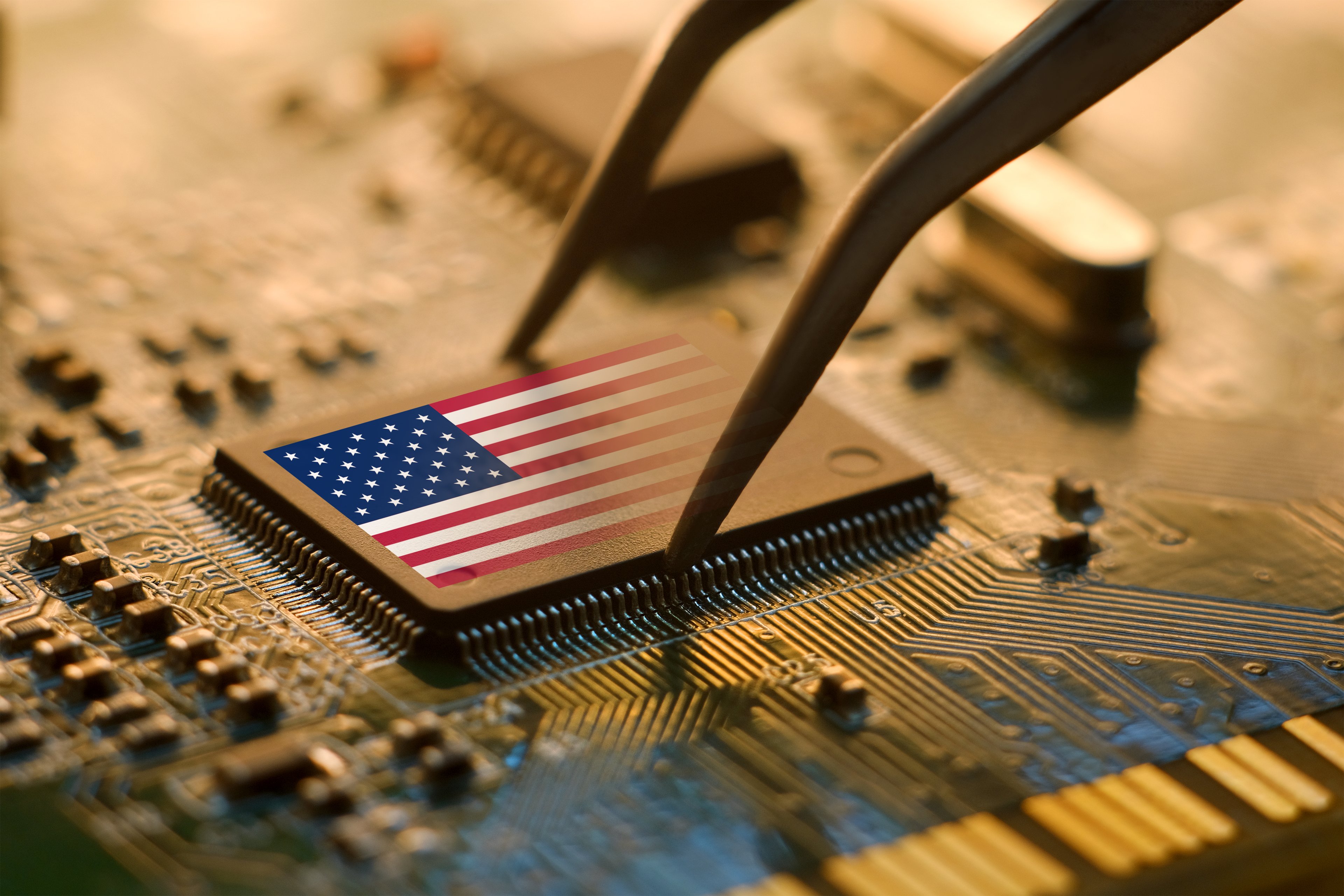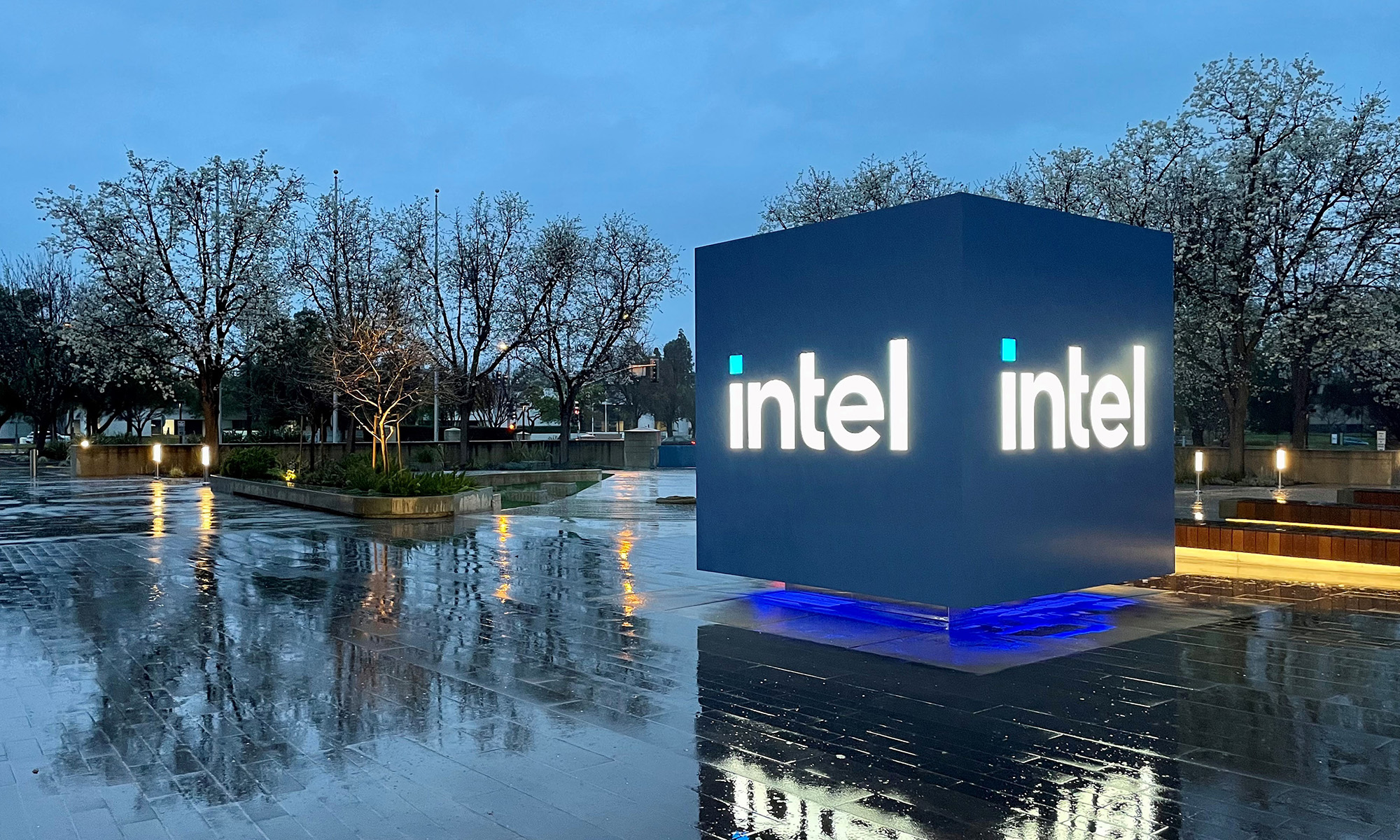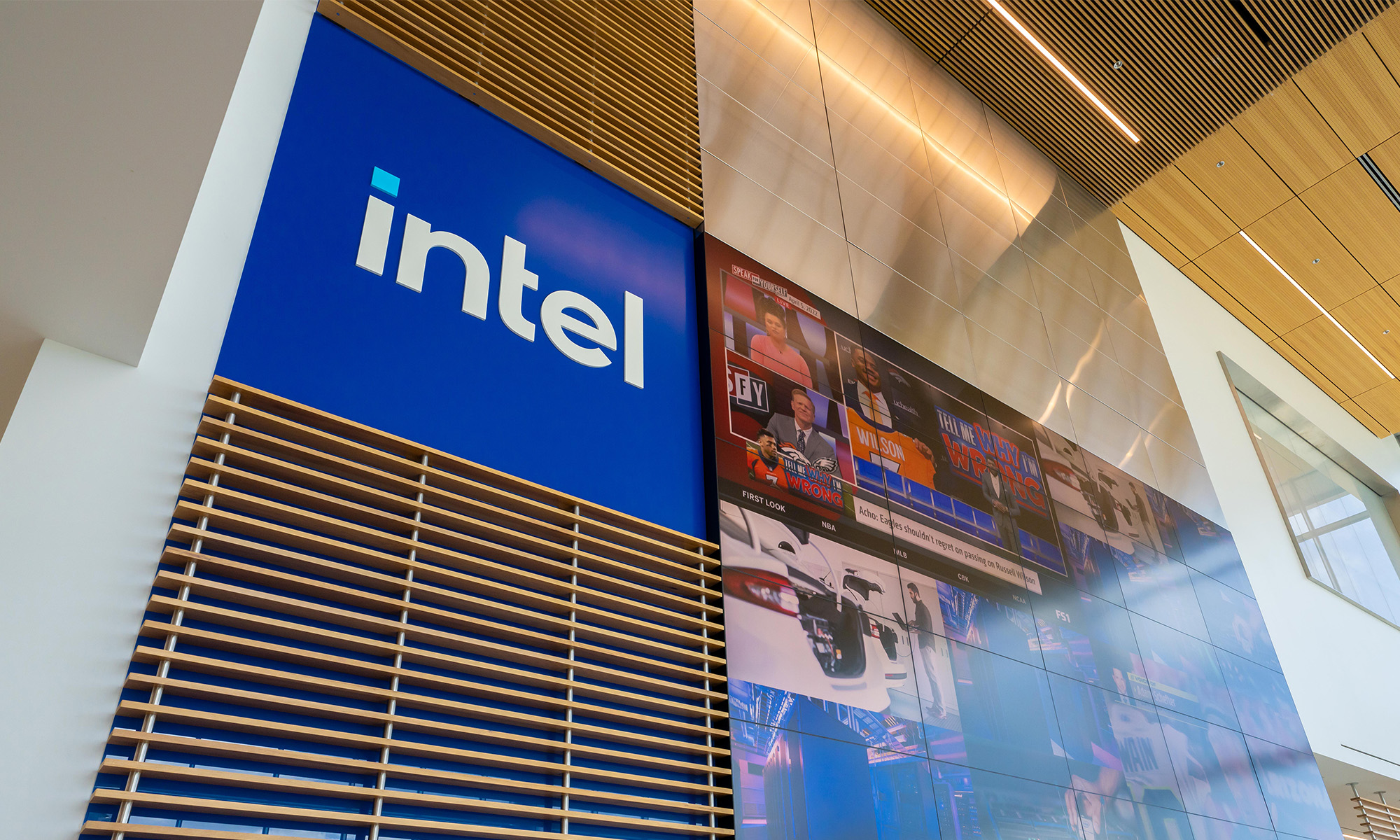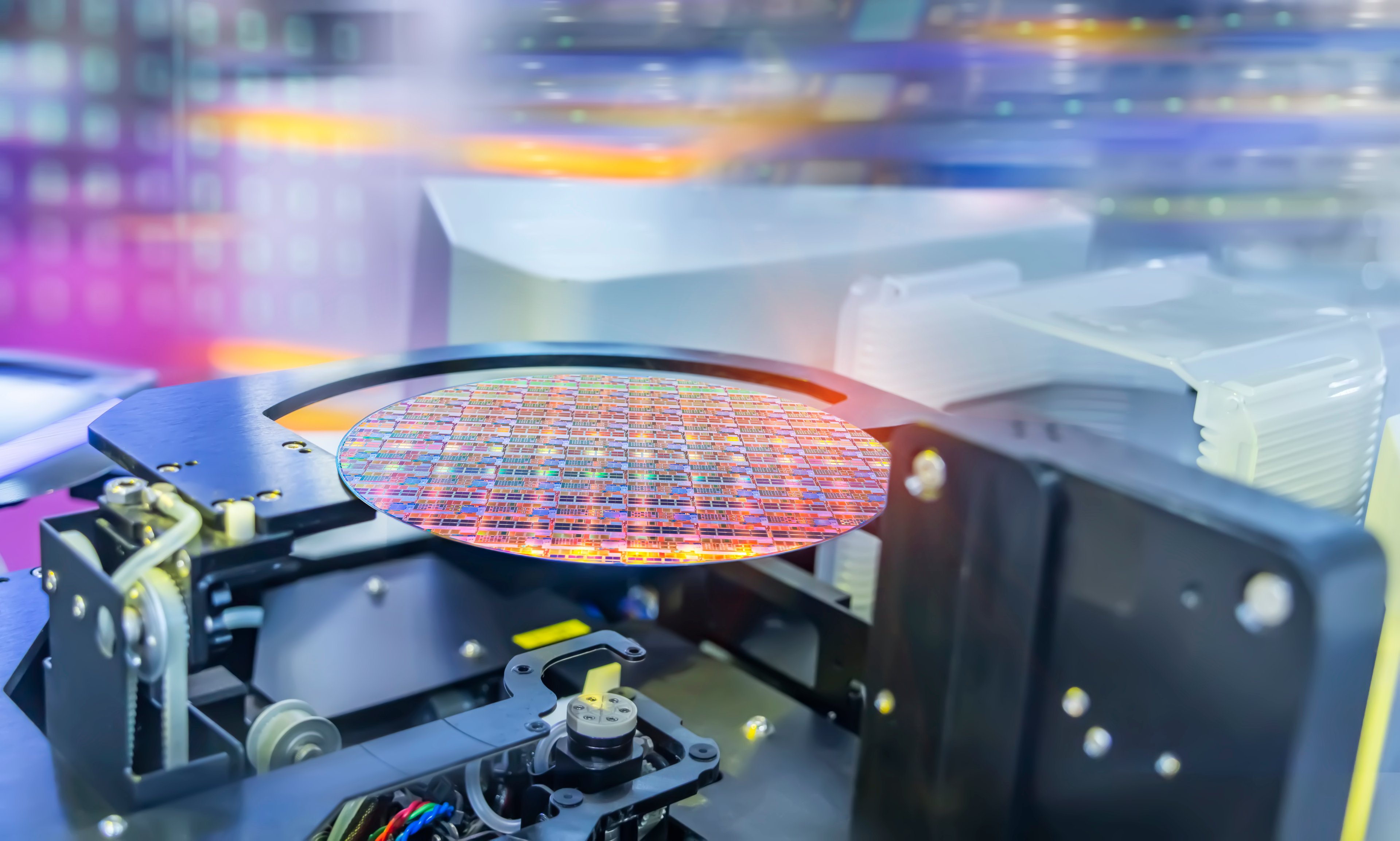The Motley Fool has been making successful stock picks for many years, but we don't always agree on what a great stock looks like. That's what makes us "motley," and it's one of our core values. We can disagree respectfully, as we often do. Investors do better when they share their knowledge.
In that spirit, we three Fools have banded together to find the market's best and worst stocks, which we'll rate on The Motley Fool's CAPS system as outperformers or underperformers. We'll be accountable for every pick based on the sum of our knowledge and the balance of our decisions. Today, we'll be debating whether to keep our outperform call on chip maker Intel (INTC +1.78%).
Intel by the numbers
Here's a quick snapshot of the company's most important numbers:
|
Revenue |
$53.8 billion |
|
Net Income |
$11.9 billion |
|
Market Cap |
$100.3 billion |
|
Dividend Yield |
4.5% |
|
Key Competitors | AMD (AMD 1.54%) ARM Holdings (ARMH +0.00%) Qualcomm (QCOM 4.19%) |
Sources: Yahoo! Finance and company filings. Most recent available results.
Intel also just announced that CEO Paul Otellini will retire in May after 40 years with the company. Now, a new management team will need to make the company meet its goals. Here's what we think about the stock now.
Travis' take
A disappointing quarter for PC sales really crushed shares of Intel since we made our outperform call. Not only was Intel beaten up; Microsoft (MSFT 2.81%), AMD, and Hewlett-Packard (HPQ 4.49%), all took it on the chin operationally. The big questions is whether this is a long-term pattern or a short-term bump?
The rise of tablets certainly makes for the best challenge to Intel's chip dominance. Intel doesn't have a strong market share in tablets or smartphones, and right now it is relying on Microsoft to get into the business, which is dicey at best.
What's interesting about this dynamic is that Intel has almost 100% upside in tablets and smartphones and almost 100% downside in PCs. If tablets replace PCs in large numbers, it could be devastating for Intel.
But this is where a deeper look into PCs is really necessary. PC sales have slowed recently, but we're only talking about a predicted 1.2% decline to almost 350 million units in 2012. That's still big business and Intel is at the center of it. We also need to consider that tablets don't do many necessary business functions that PCs do, so they won't replace PCs outright in the near future. In fact, the Surface tablet that could conceivably compete with a PC is running an Intel chip, so the company still has a place in the high-end tablet market of the future.
I am concerned about rumors that Apple (AAPL 0.27%) is considering dumping Intel for an internally designed chip in the Macbook. We're years away from this happening, but Apple's a big customer for Intel and it would take a huge chunk out of the company's profits.
Most companies would love to call a quarter with $3 billion in profit a disappointment (like Intel did in the third quarter). That just shows how strong Intel is even when it's weak, and how high margins are in the chip business. I'm cautiously optimistic about Intel right now, and given the 4.5% dividend, I think there's an opportunity here for long-term investors. We've had this wrong so far but I'm sticking with my outperform call on the stock.
Sean's take
Leave Intel alone! LEAVE IT ALONE!
Intel is the microprocessor king that's had a rough year, as the expected debut of Microsoft's Windows 8 and a new lineup of MacBooks and thinner laptops all caused consumers to hold off on making purchases until the past few weeks. All in all, the PC market has seen only two down years since 2000, including this year, and it's pretty likely that these lighter designs and Microsoft's new OS will boost sales in 2013. That's one of the primary reasons I've made the bold call that PC makers are poised for a big rebound in 2013, which should ultimately play right into Intel's hands.
On another front, Intel remains a buy because its competition is faltering. Advanced Micro Devices has turned to laying off 15% of its workforce and restructuring its operations in order to return to profitability by the third quarter of next year at the earliest. Reducing its workforce is only going to complicate matters from an innovation standpoint and leaves Intel's position in microprocessors well intact.
While I do see growth potential in tablets and smartphones (as Travis has pointed out), I also see a lot of competition standing in Intel's way. What seems like the most logical path to growth for Intel is to continue what it's been doing and focus on cloud-computing hardware products. Gearing its hardware for servers and big data centers, it's my personal opinion that Intel could be generating up to 30% of its annual revenue from cloud-computing sales within the next decade.
With Intel now sporting a forward P/E of less than 9 and yielding 4.5% (for a payout ratio that's only around 45% of next year's projected EPS), I have absolutely no intention or want to close out this long-term winner.
Alex's take
The PC's dying? Really? Five years ago, 271.2 million machines were sold in the worldwide PC market, according to Gartner. The first three quarters of 2012 have been very close in terms of sales, with 88 million PCs sold in the first quarter, 87 million in the second quarter, and 87 million in the third quarter. Annualize the numbers out and you get 351.9 million PCs sold for the year.
That's a 30% increase in five years. Virtually all of these machines run on Intel x86 chips. Intel owned 83.3% of that market in the third quarter. Nearly all servers now run on x86 chips as well. Intel owned 95.1% of that market in the third quarter. Where do you think all those smartphones and tablets are getting their data?
I know, I know. The PC's dying because the industry had lower sales this year than it did last year. This is a terrible, absolutely unsolvable problem that will surely spell the end of Intel. And at this late stage of the mobile explosion, Intel simply has no chance of capturing market share. ARM chips have mobile in a chokehold. Qualcomm's the Intel of mobile chips now. All Intel has are six measly smartphones in various international markets, with a market share barely a sliver of a shred of a single percent.
The "death" of the PC is a larger problem for HP and the like than it is for Intel, and Intel remains in a much stronger financial position than virtually any of its mobile competition. Intel's trailing-12-month free cash flow is twice as large as HP's, and has held up far better -- HP's results have shown a terrible free cash flow decline in recent years. In the smartphone chip arena, Intel's free cash flow is higher than Qualcomm's, Broadcom's (NASDAQ: BRCM), Taiwan Semiconductor's (TSM 1.87%), NVIDIA's (NVDA 3.00%), and ARM Holdings' combined free cash flow for the same period.
I've pointed out that Intel has come from behind to dominate new market segments before, and I remain convinced that it will do so again. Intel is not PCs. Its problems (such as they are) are not HP's or Microsoft's. In the short run, you're getting an extremely cheap company that is absolutely essential to the vast majority of our interconnected global computing network, with a tasty dividend to boot. In the long run, Intel will find its footing, as it has before. Nothing has fundamentally changed since we first looked at Intel, so my original outperform call won't change either.
The final call
It's clear that none of us are eager to dump Intel at this point. There are challenges, sure, but with a ridiculously low P/E ratio and a great dividend, we still think this stock will outperform long-term.










